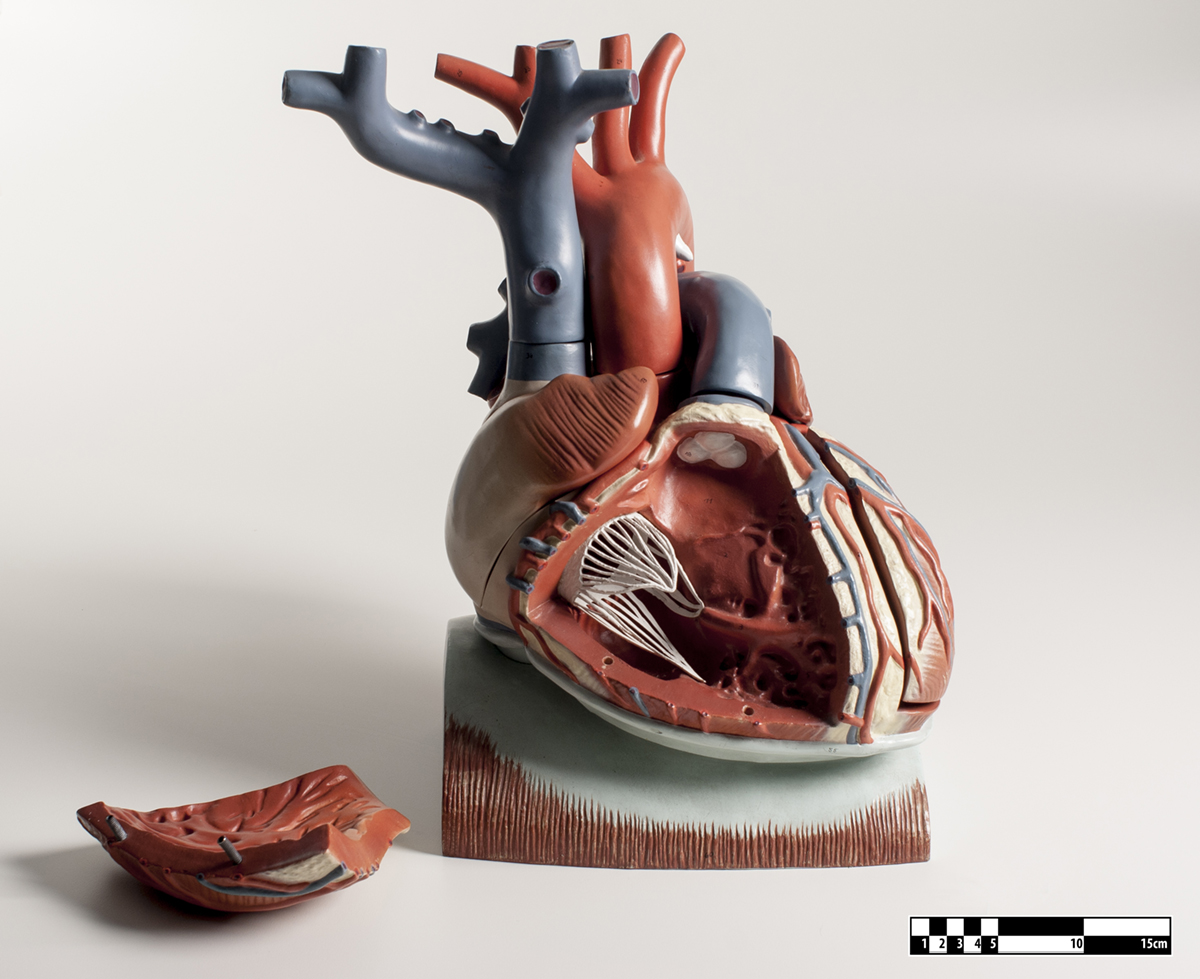
Palpitations
Palpitations are such a disease that occurs most often when it comes to the disturbance of activities or functions of the heart. It is very common among those who have heart arrhythmia, or heart irregularities, those whose heart beats slowly or too quickly in relation to the usual manner, but it happens that the palpitations occur even in those people who have no evidence of heart disease. In the majority of the cases, the occurrence of palpitations is without any apparent reason.
Causes of palpitations
Arrhythmias may occur in healthy people, if they have unhealthy rhythm of life or use certain medications. There are some causes that lead to heart palpitations, and these are strong emotions, strenuous exercise, and smoking, drinking too much alcohol, and consuming products that are rich in caffeine. Furthermore, stress and anemia, as well as thyroid disease and heart disease, may be the potential causes for the occurrence of palpitations. Therefore, the heartbeat can occur because of certain external influences, as well as because of some changes in the body. For example, a high level of electrolytes, such as potassium, calcium and magnesium may cause throbbing of the heart.
The cause of palpitations is also the high levels of adrenaline, which can be raised even by caffeine, tobacco or alcohol and with some medications. Certain drugs such as cocaine and marijuana can cause palpitations. Furthermore, stress increases adrenaline levels too, which further affects the faster heartbeat. Palpitations may occur due to illness, excessive physical activity, or due to emotional stress. The heartbeat may be caused by strong emotions whether they are anxiety, a feeling of fear or stress. Panic attacks are also some of the reasons why palpitations appear.
A person can have a feeling that his/her heart beats too rapidly even though it actually beats normally. This is the case with intensive physical activity when a person has the impression that his/her heart beats fast and hard. Certain medical conditions that cause palpitations are abnormal thyroid function or hyperthyroidism, the low level of sugar in the blood or hypoglycemia, anemia, and low blood pressure or hypotension. Fever and dehydration may also lead to palpitations, although hormonal changes which often occur during pregnancy, menstruation or menopause can cause this problem, too. Some drugs have for a side effect the occurrence of palpitations and such are asthma inhalers, drugs used to treat thyroid gland and irregular heart arrhythmia. Palpitations are often associated with the arrhythmia, especially when a person had a heart attack, when there are some heart problems, or if a person is prone to heart disease.


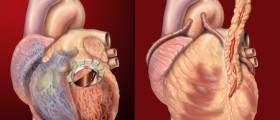

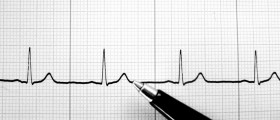

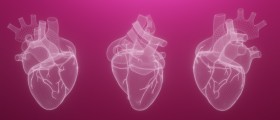







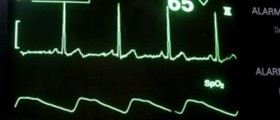

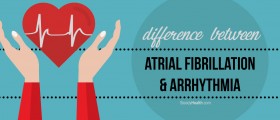
Your thoughts on this
Loading...